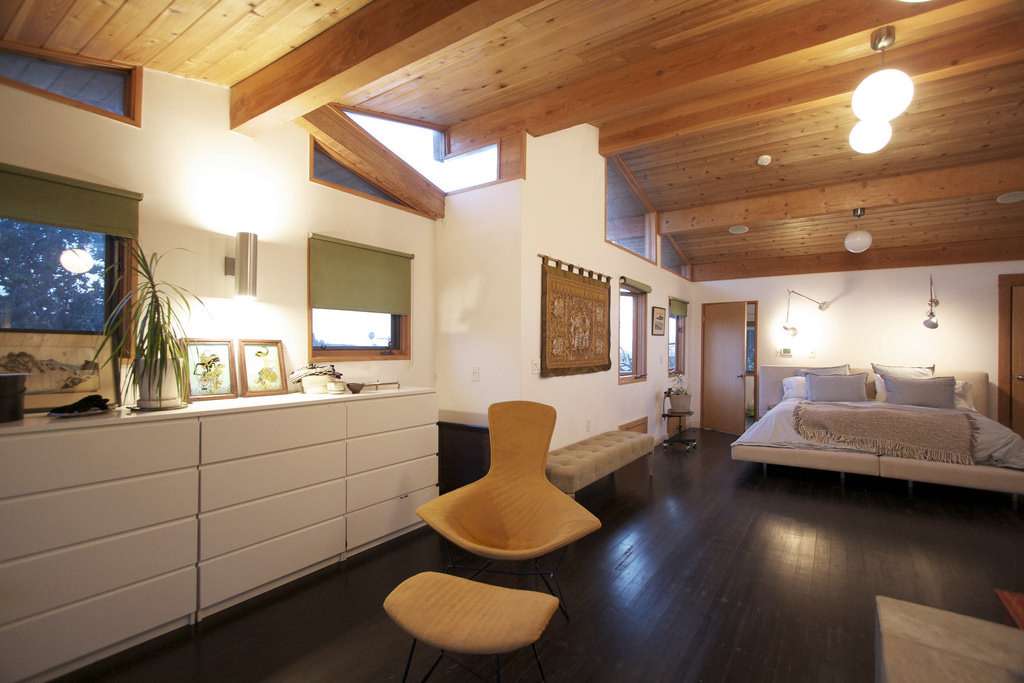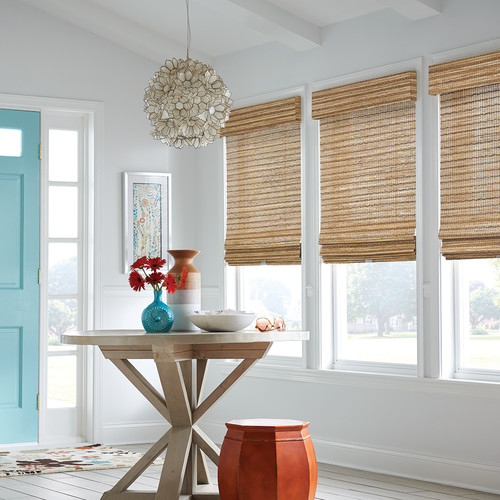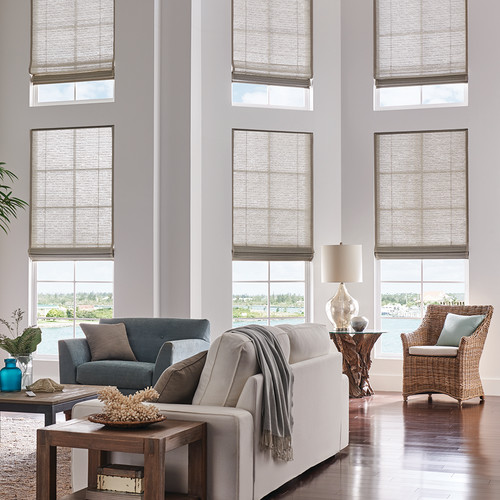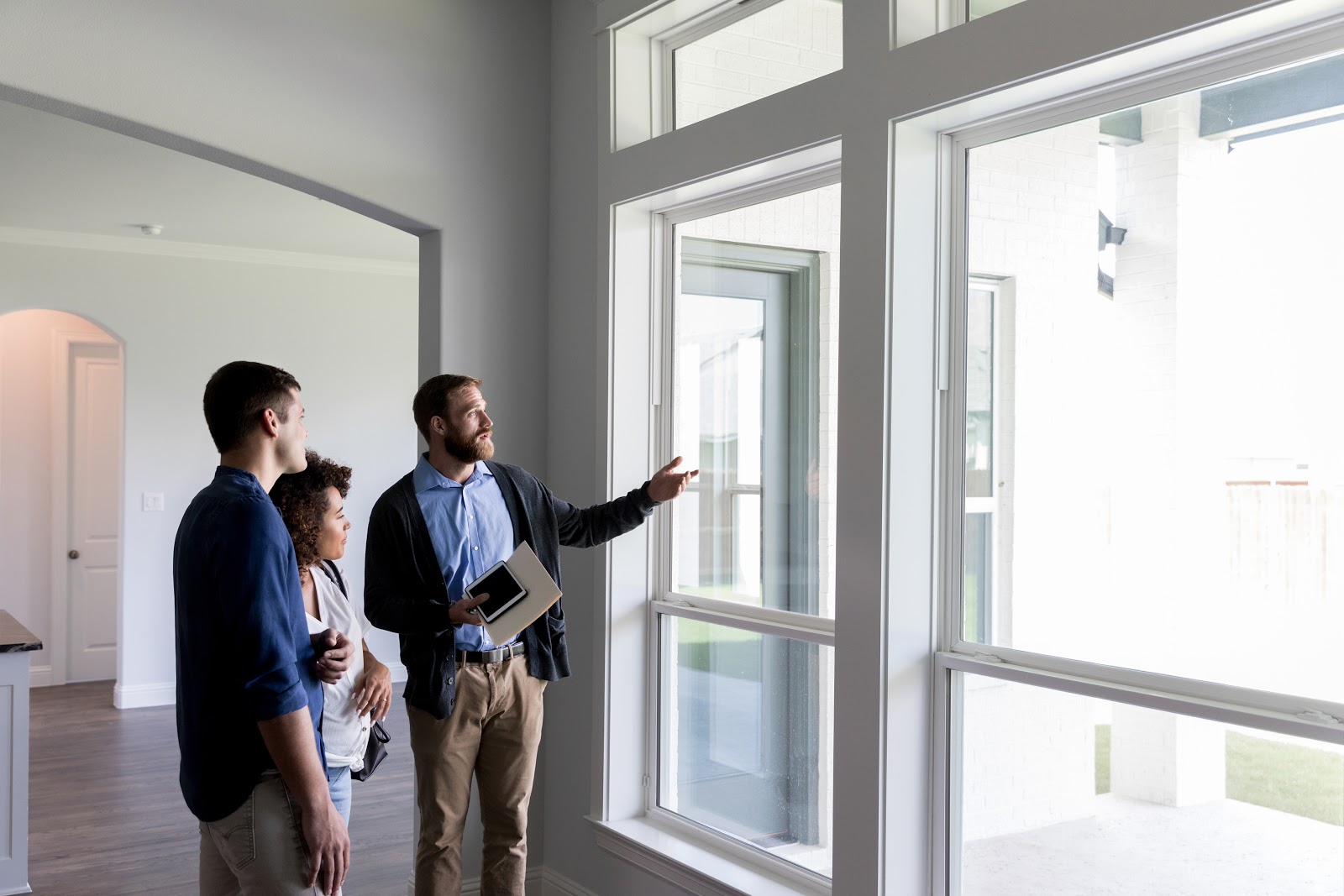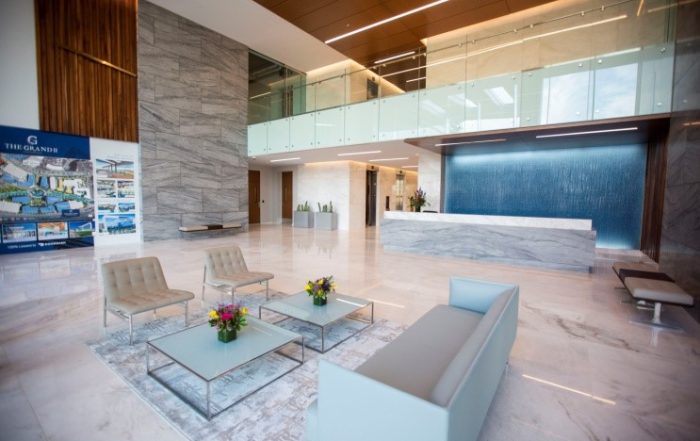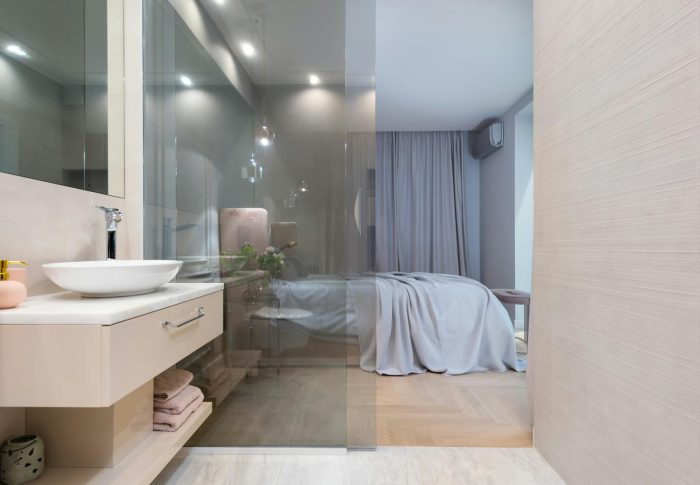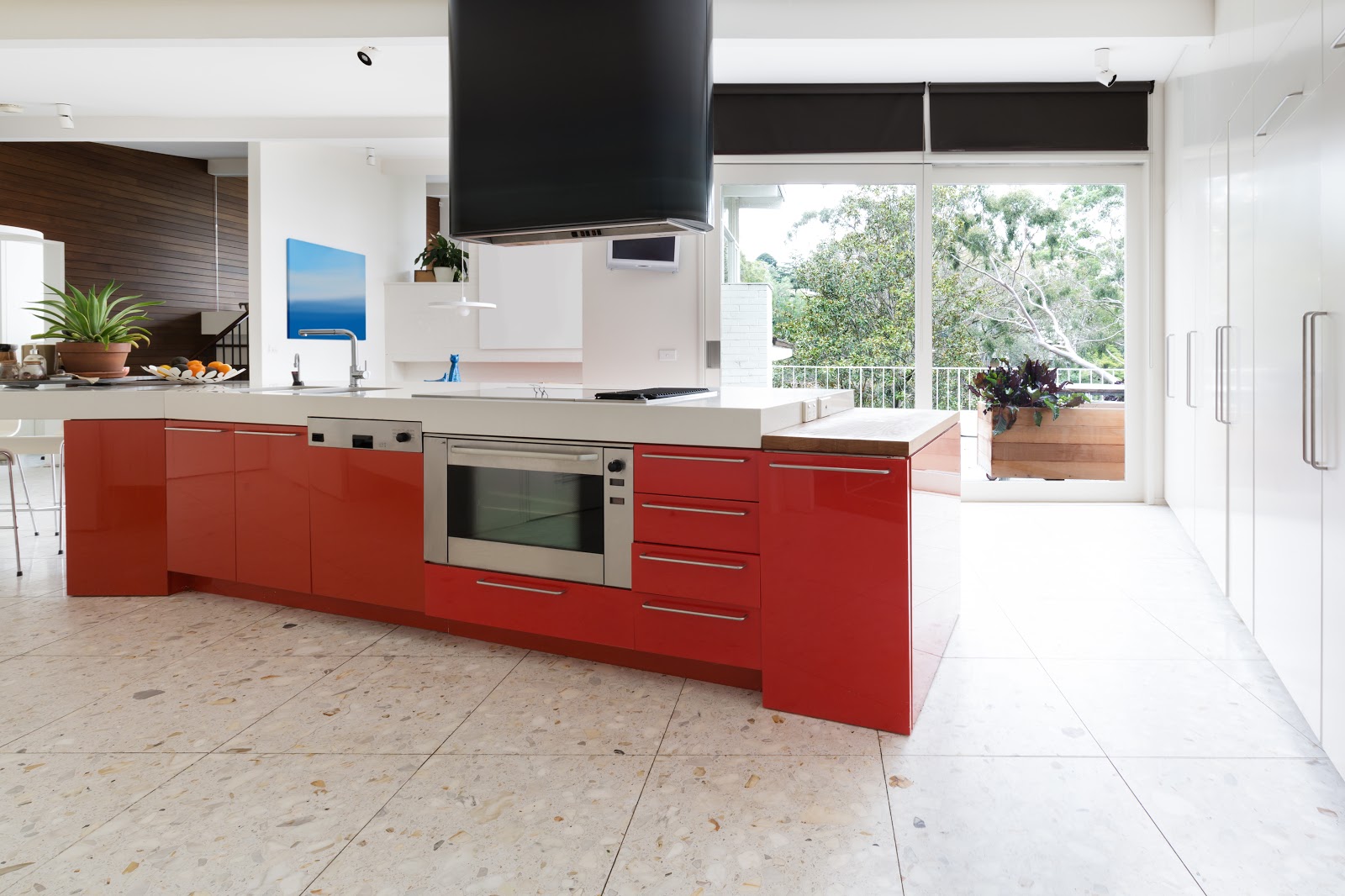For the past several decades, horizontal or vertical blinds have been the most common choice for covering windows in homes across the U.S. It’s easy to understand why blinds are so popular: they offer a convenient way to control how much natural light comes into a room, they can be closed tightly to maximize privacy, and they have a sleek, understated look that blends in with a variety of architectural styles. However, blinds are not the only window treatments that provide these benefits, and many homeowners find that alternatives such as shades or shutters have a more stylish, less generic appearance. The following guide offers an overview of some of the top window treatment options that can serve as alternatives to blinds.
Shades
With several varieties available to suit different preferences and design aesthetics, shades are a great choice for nearly any room. While shades tend to have better insulating and room darkening capabilities than blinds, they do not provide quite as much control over the amount of light that streams in. A few of the most common types of shades include:
Roman
As the oldest known type of window coverings in modern history, Roman shades date back to the first century A.D., when the citizens of Rome would drape cloth over their windows in an effort to keep out heat, sunlight, and dust generated by the construction of the Colosseum. As these shades became more widespread, Romans began experimenting with different types, colors, and patterns of fabric.
The popularity of Roman-style shades has persisted over the centuries, and today, they offer an appealing alternative to horizontal blinds due to their elegant appearance, range of styling options, easy operation, and the privacy they provide. Roman shades consist of a sheet of fabric with horizontal folds that can be raised and lowered using a cord system; when raised, the shades stack neatly into the horizontal folds. While Roman shades offer many benefits, they may not be the right choice for all rooms—for instance, since the fabric may stain easily and could potentially retain odors, they might not be a good fit for the kitchen.
Cellular
Also known as honeycomb shades, cellular shades are made from a continuous piece of soft fabric that has been arranged into honeycomb-shaped rows. This design offers numerous benefits, including excellent insulation (thereby contributing to greater energy efficiency inside the home), privacy, light-diffusing capabilities, and a sleek, modern appearance that complements a variety of décor styles. Cellular shades are available in a range of colors, with lighter hues allowing soft light to enter the room and darker variations having a blackout effect when closed. Many cellular shades can be raised from the bottom up, and also lowered from the top down to create different views and accommodate different privacy needs. One potential drawback of these shades is that they can be difficult to clean, and like Roman shades, may retain odors and moisture.
Roller
Roller shades function in a similar way as cellular or Roman shades, but offer a sleeker, simpler look. Available in colors that range from light, neutral hues to bold or patterned designs—as well as different fabric choices—roller shades carry extensive possibilities for customization. They may be installed on their own, or combined with curtains or drapes for a dressier appearance. Roller shades are easy to maintain, making them well-suited for large and small windows alike, and tend to be less expensive than many other types of window treatments. However, they may not be the best choices for optimal privacy or insulation.
Shutters
Interior window shutters can bring a bold, sophisticated aesthetic to any room. Available in materials such as wood, metal, or composite wood, shutters are typically sturdier than blinds since they are built into the window frame itself, whereas blinds are attached inside or above the window’s recess. Therefore, shutters tend to have a longer lifespan than blinds when properly maintained—but they also carry a higher price tag.
If you are considering installing interior window shutters, here are a few of the most popular varieties to be familiar with:
Plantation
Characterized by their tilted louvers that are traditionally made from wood (but are now available in vinyl, composite wood, and other materials), plantation shutters have a stately look that can complement a range of architectural styles. They originated in the American South, where they have long been used to keep rooms cool during the hot summer months. The louvers on plantation shutters can be opened or closed like blinds to provide excellent control over the amount of light coming into a room; when closed, they offer near-complete privacy and a seamless appearance.
Café Style
Café-style shutters often have an appearance similar to plantation shutters, yet only cover part of the window (typically the lower portion). This makes them an excellent option for creating privacy as needed, while allowing ample light to come in through the uncovered part of the window.
Shaker Style
Many homeowners are drawn to shaker-style cabinets for their clean lines and minimalistic look. This same design is also used in some interior window shutters, allowing for maximum insulation, privacy, light blockage, and noise reduction. However, they must be opened fully to let in any natural light or views of the outdoors. To provide some light control, shaker-style panels are sometimes paired with a louvered panel—for instance, with the louvered panel at the top of the window frame and the solid one below it.
